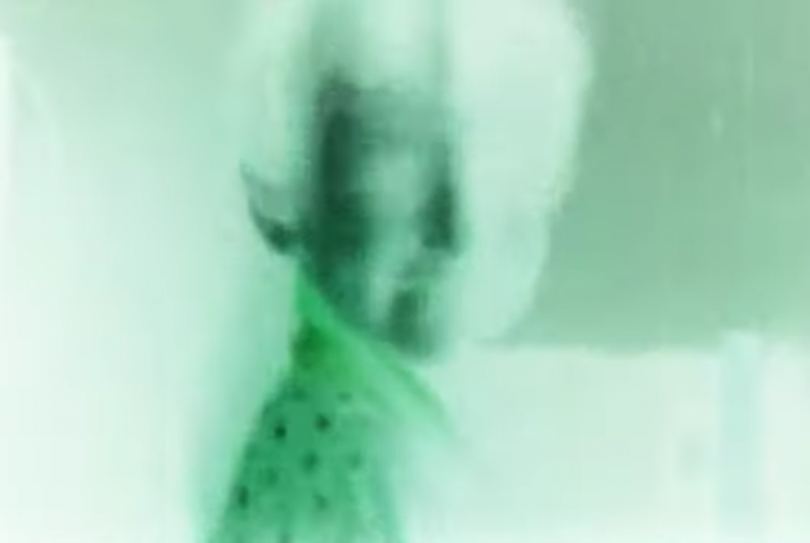The two-album VOICES project is inspired by the Universal Declaration of Human Rights’ “aspiration to build a better and fairer world” and released through record label Decca. BAFTA-winning artist Mahr is the creative director with Richter at Studio Richter Mahr, which acts as an incubator for a wide variety of art and music projects.
VOICES was co-conceived by Mahr and Richter, and thus far has been broken into two parts. The most recent, VOICES 2, is a direct descendent of the first half, according to its creators. The piece comprises singing voices without spoken word, which sit alongside textured layers of “sometimes ambient” instrumentation. According to the studio, “the music is less about the world we know already, and more about hope for the future we have yet to write.”
Mahr’s video for Prelude 2 is described as an “artistic response to our turbulent times”, and aims to highlight the plight of refugees and call for human compassion. According to the United Nations, more than 20,000 migrants and refugees have drowned in the past seven years trying to cross the Mediterranean, with many losing their lives while trying to escape persecution and poverty.

The video Mahr created looks to contrast inherently beautiful imagery with the harsh brutalities of war and other global turmoil. The imagery and the film more broadly acts as a metaphor for drowning; reflecting not only the plight of many migrants but the “sensation of drowning that people feel when overwhelmed,” according to the studio. It has a sombre yer positive mood that looks to underscore the idea that the future is yet to come, and hints at the emergence of a younger generation with activist ideals.
“When I was a little child I almost drowned, saved at the very last moment by my mother. I still remember the sensation so vividly – it was hazy and dreamy and the seconds went by in slow motion,” says Mahr. “I wasn’t panicking but it was totally overwhelming – a feeling of the inevitable unfolding. I’ve tried to bring something of the memory of those moments to this video. And my own sense of the power of that, in juxtaposition to the amniotic fluid that gives us life.”

As such, the video directly draws on Mahr’s own upbringing in Hungary, which at the time, was still under communist rule. Mahr was largely brought up by her grandmother, who was a WW2 refugee who had escaped to Chile and ended up in Budapest working as a simultaneous translator between five languages. Her grandmother’s “deep humanitarianism and warmth fed the inspiration for VOICES,” according to the studio.
When Yulia was seven, she and her mother fled Budapest. They arrived in the UK. Her mother, intent on getting a university education, put herself through college in her mid-thirties. They found a place to live by answering an ad in Time Out for a single mother who was either a refugee or migrant that needed a place to live.

“I have such vivid memories of our street, where the buildings were still peppered with bullet holes from the revolution in 56, and where some were still in ruins from World War Two,” says Mahr, who fled Budapest with her mother when she was seven and travelled to the UK. “In those days each person was allocated a certain predetermined amount of living space, so every flat would contain multiple generations or sometimes even different families. I lived with my great grandfather, my grandmother, aunts, father and mother in three rooms.”
She adds, “In the end my own convoluted story saw my mother and I replicating the large scale migrations of the 20th century and I arrived in the UK – lonely, confused and desperate for security.
While I could rarely see my grandmother after that – her spirit has never left me and it is this spirit that informed the conception and writing of VOICES.”
VOICES 2 was released on 9 April.



